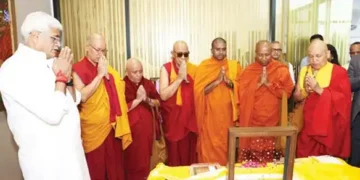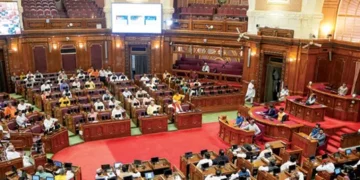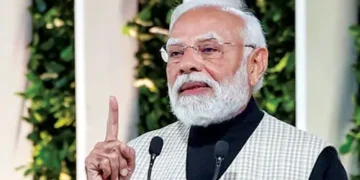Blitz Bureau
INDIA has welcomed home the sacred Piprahwa relics—one of the most spiritually and archaeologically significant treasures ever discovered. Repatriated after 127 years, these Buddhist relics represent not just fragments of the past but a powerful symbol of India’s enduring cultural legacy and soft power diplomacy. The Piprahwa Relics are a collection of sacred artefacts discovered in 1898 at the Piprahwa Stupa in Uttar Pradesh. It is the site believed to be associated with ancient Kapilavastu, the homeland of Gautama Buddha.
The journey of these relics, taken during colonial rule, came full circle in July 2025, as the Ministry of Culture, in collaboration with Godrej Industries Group, orchestrated their return. These relics had surfaced at an international auction—until a decisive intervention halted their sale and brought them back to their rightful home. These relics, unearthed by British colonial engineer William Claxton Peppé in 1898, include bone fragments believed to be those of Lord Buddha, along with crystal caskets, gold ornaments, gemstones, and a sandstone coffer.
An inscription in Brahmi script on one of the caskets links the relics directly to the Sakya clan, to which Buddha belonged, indicating that these remains were enshrined by his followers around the third century BC. Further excavations by the Archaeological Survey of India between 1971 and 1977 uncovered additional steatite caskets containing 22 sacred bone relics, which are now preserved at the National Museum in New Delhi. Prime Minister Narendra Modi celebrated the repatriation of the Piprahwa relics, describing it as a proud moment for the nation’s cultural heritage.

































